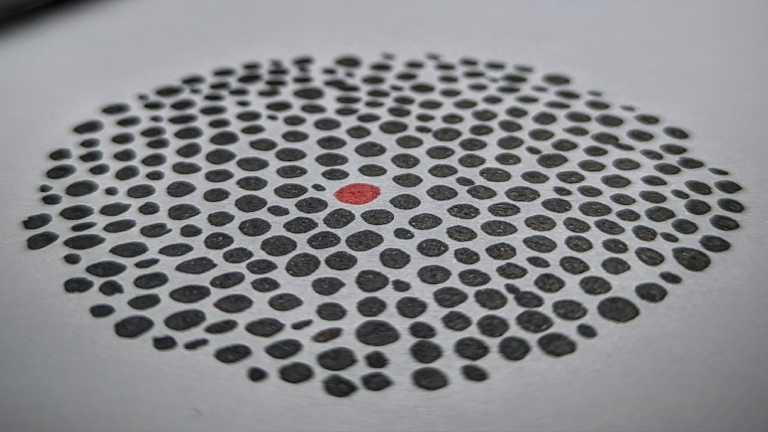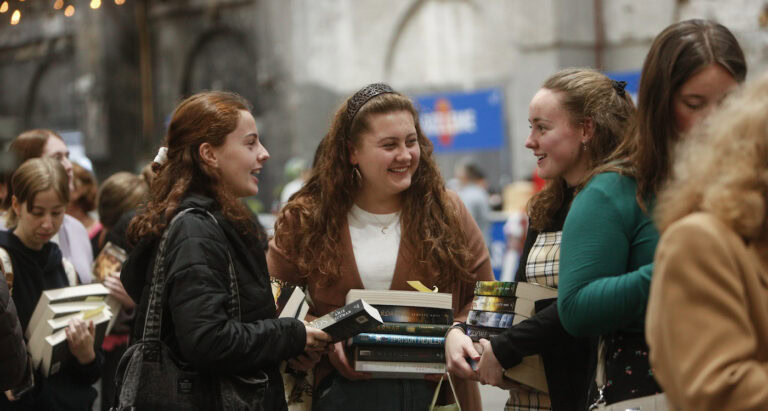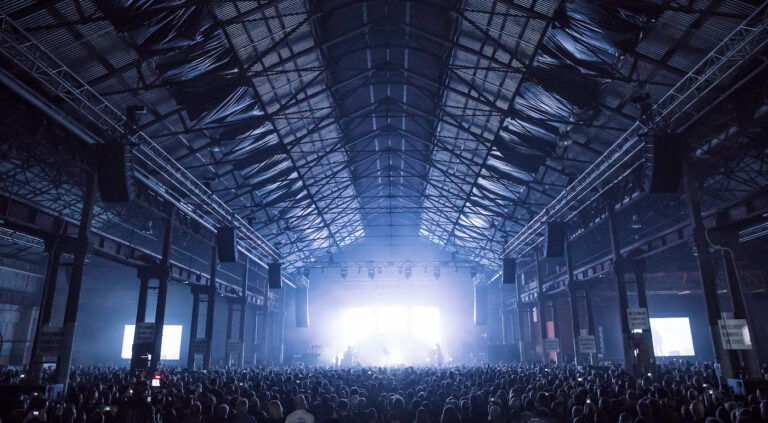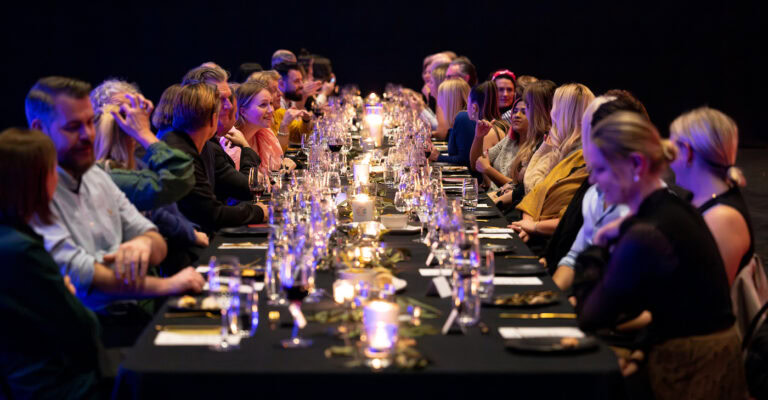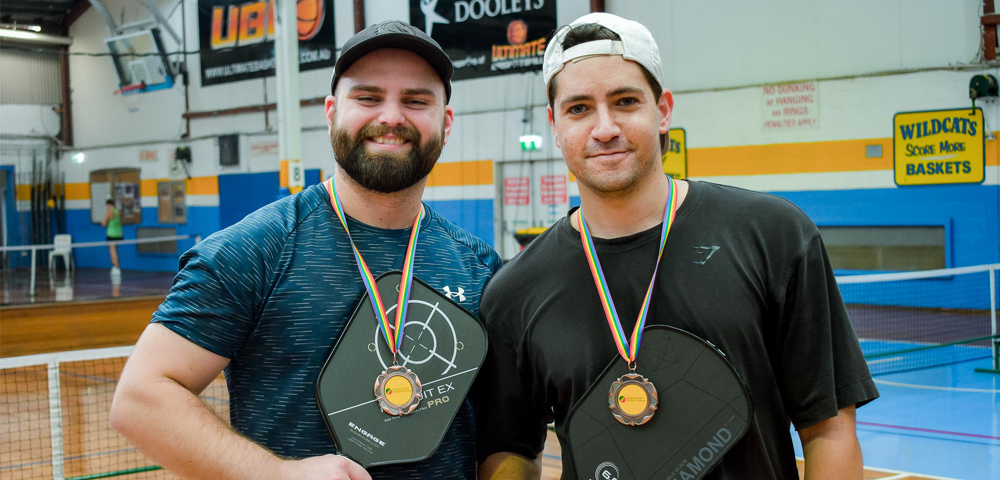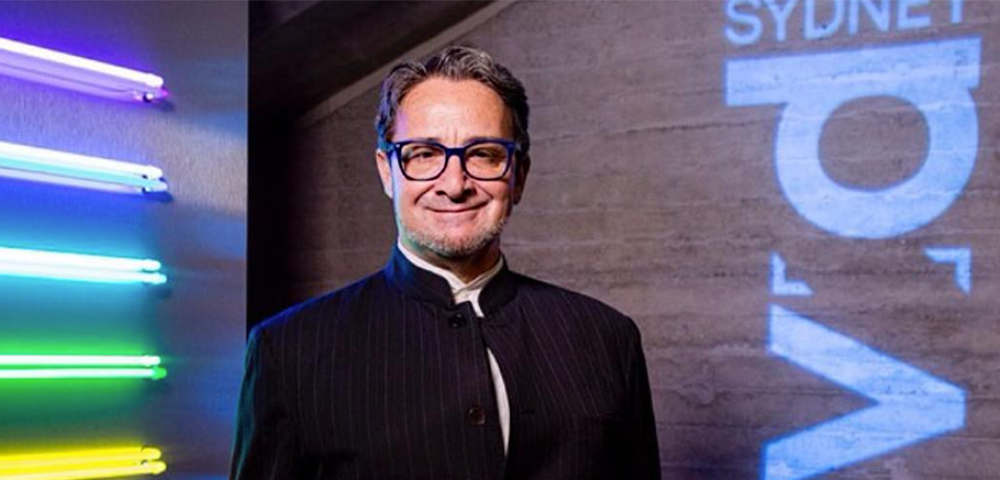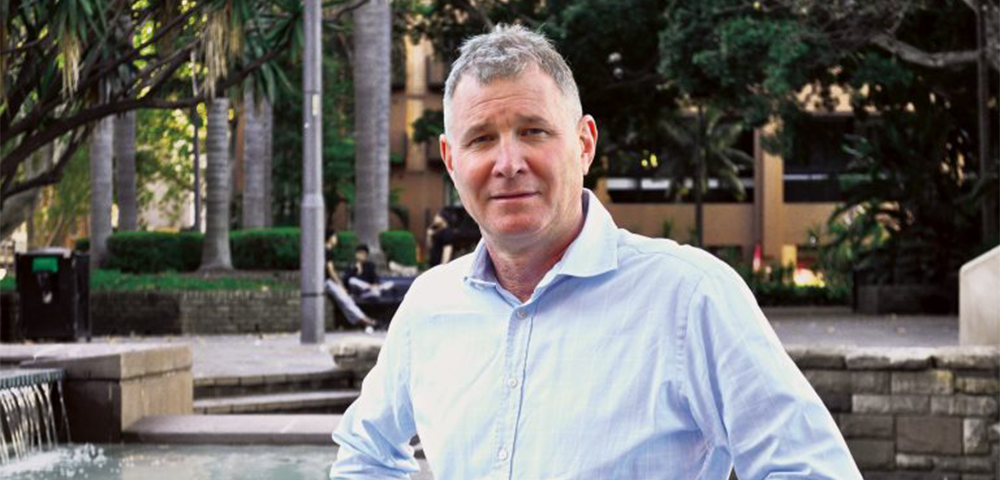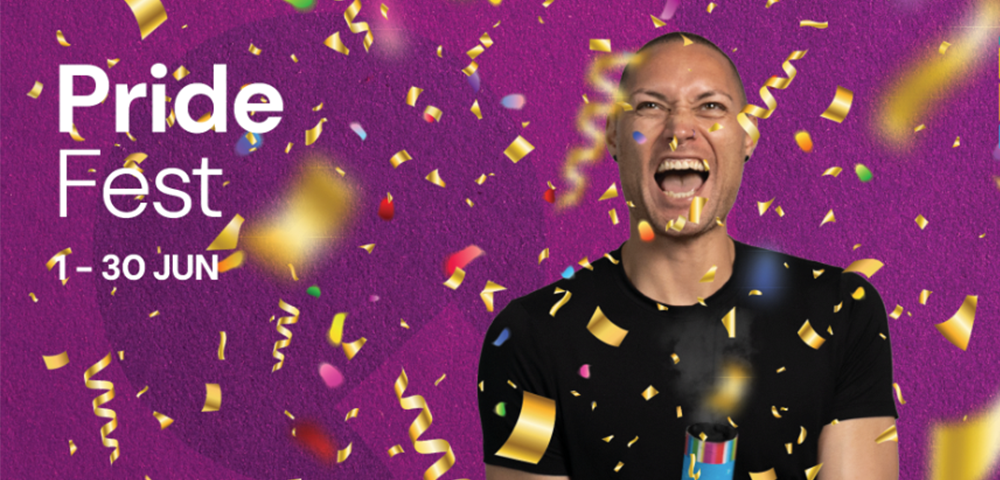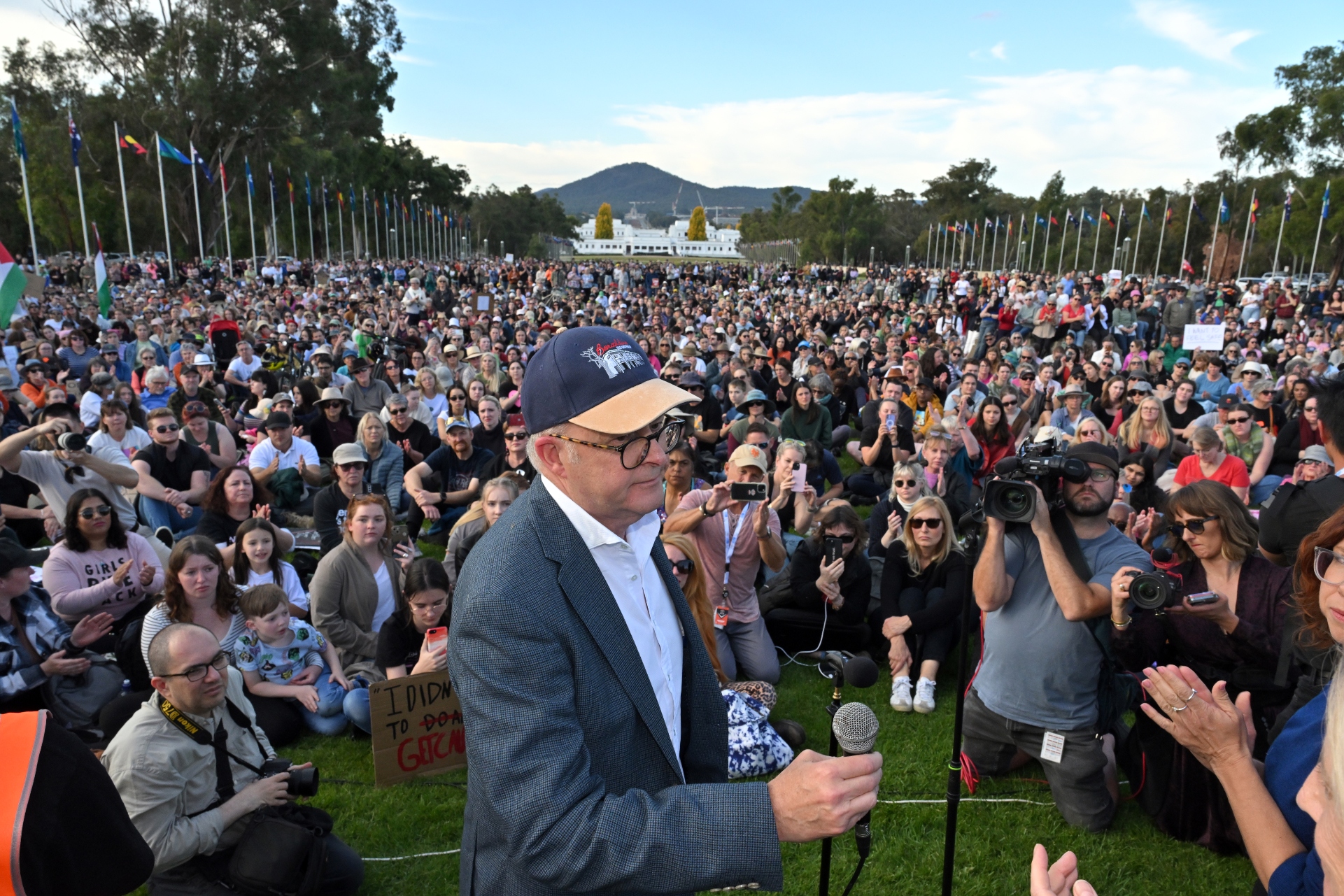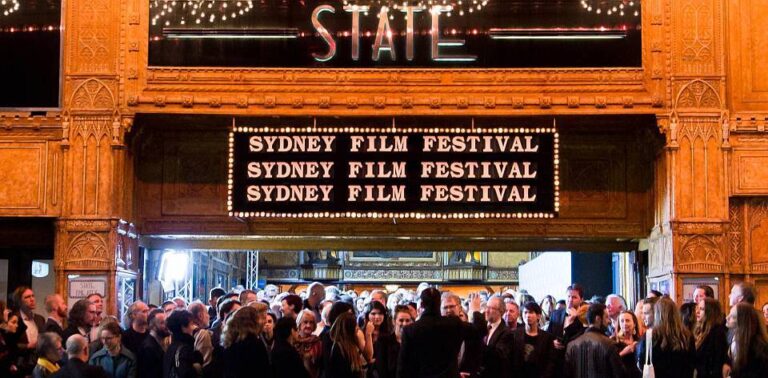
Letters to home
A few years ago we were clearing out my mother’s house in Sydney as she was about to move into a retirement home, and she presented me with all the letters I had written when I was in Vietnam between May 1967 and May 1968. She pulled a very full shoebox out and said, -˜You better have these as I have kept them all this time’.
Reading those letters now makes me wince because some of my attitudes are so totally different to what I hold now. I was only 25 then, but I was about 15 as far as maturity was concerned. One of the most difficult things was reading these letters and realising how unworldly I was. I hardly recognise the person I was.
When I graduated from my medical studies in 1965, I was first assigned to Concord Hospital, and then I was sent to the Army Hospital at Ingleburn to get emergency experience. Every week, there would be a medivac of casualties from Vietnam. Some of the older doctors told the young interns that we should join up as there would never been any better experience as a doctor to serve in a war zone. And so, I did.
I had been brought up in a very religious home, and had been very sheltered. I didn’t drink, smoke or swear, and had never been inside a pub. I had begun to realise I was gay, but had never thought of doing anything about it. Having being brought up an evangelical Christian, I thought homosexuality was wrong.
I was the doctor for the gunners and officers of a regiment, and there were some gorgeous boys. It was the first time I had ever had to opportunity to get close to a lot of young men who came from enormously varied backgrounds.
But it was also enormously emotionally satisfying, which is why I thought it was a way of sublimating my homosexuality. For years, I had prayed I would be saved from this terrible thing, but when there was no salvation coming, I figured it was something I would have to work out in other ways.
I wrote home every day and it was a downloading thing for me. Reading the letters now, they are very much a reflection that I was so homesick. Also, once work was over for the day, there was not a lot to do, apart from drinking, and I did not drink -“ ever.
I felt I had a sheltered war, but you did live with the knowledge that anyone could take a pot shot at you at any time or you could drive over a mine. And that did happen to others..
During the course of each day, I might see 50 guys for medicals, but there was this one guy who was stunning, and I think he had twigged to what I was about. A few nights later, he was brought in on a stretcher, but when we were alone, there was absolutely nothing wrong with him. But he did have a raging erection, which I did nothing about. I was coming to the end of my time there, and I had changed. I had also come to the conclusion this was not way to lead a life.
There was some repressed homosexuality in the forces, with a lot of career soldiers who were in the army because of the erotic stimulus, even though it was strongly suppressed. I saw people I recognised as sad customers, older officers who were living in this all-male environment and, to some extent, it was meeting their needs. I did not want to end up like that.
Being in Vietnam was a pivotal time in my life and I had worked out a lot of things. But I knew my family would not have done the same, so I had some trepidation about resuming my previous life. Back in Australia, I returned to Ingleburn Hospital, and then went to England where everything changed.
I was studying surgery, but I could not concentrate as I was thinking about sex all the time. When I was in Amsterdam, I finally went into a gay bar, and while it felt alien, I began to make up for lost time. At the end of 1972, I came home to Australia and one day was at Manly Wharf, and saw a man drinking a milkshake. His name was Mike, and we have been together ever since. We married last year in Toronto in Canada.
I worked in the area of sexually transmitted diseases in London, and then in Melbourne through the worst of the AIDS years. In 1993, I moved to Cairns as the Director of Sexual Health, but retired from full-time work three years ago.
The Vietnam War was ill conceived and morally wrong, and one of the big regrets I have had was I was part of that, despite going into it with the best of intentions. It was nothing short of a disaster for everyone. I went back to Vietnam in 2004, and there I saw a vibrant, lively and happy country, which is doing so well.
To see the bombed out areas I spent time in 30 years ago now doing well and looking like any suburb in Sydney, you have to wonder what we had been doing there in the first place. But speaking personally, I am glad I did go as it was the most formative era of my life and it set the direction which I was going to live for the years into the future.
The Gunners’ Doctor by David Bradford is available through Random House Australia.
Interview by John Burfitt
